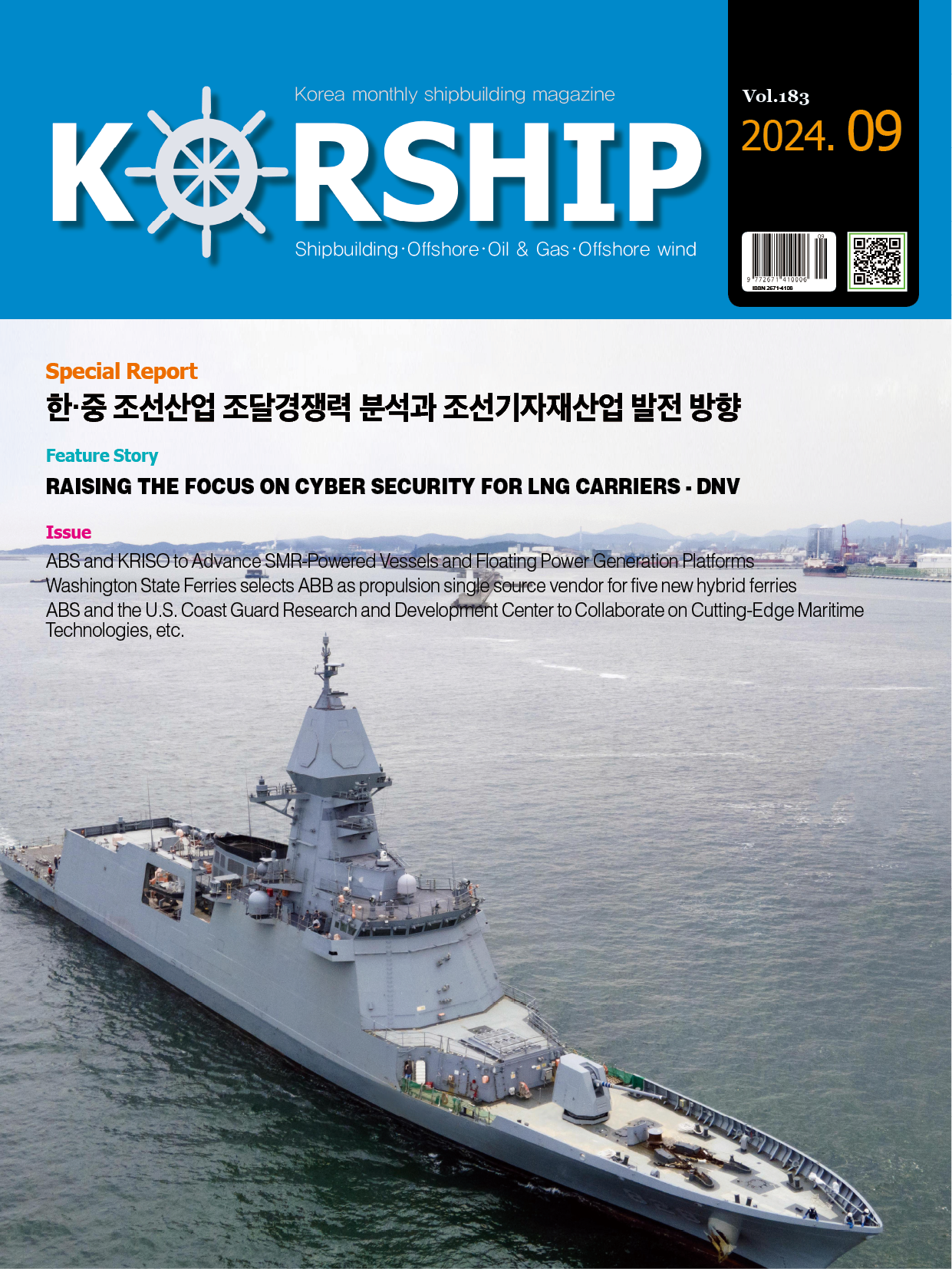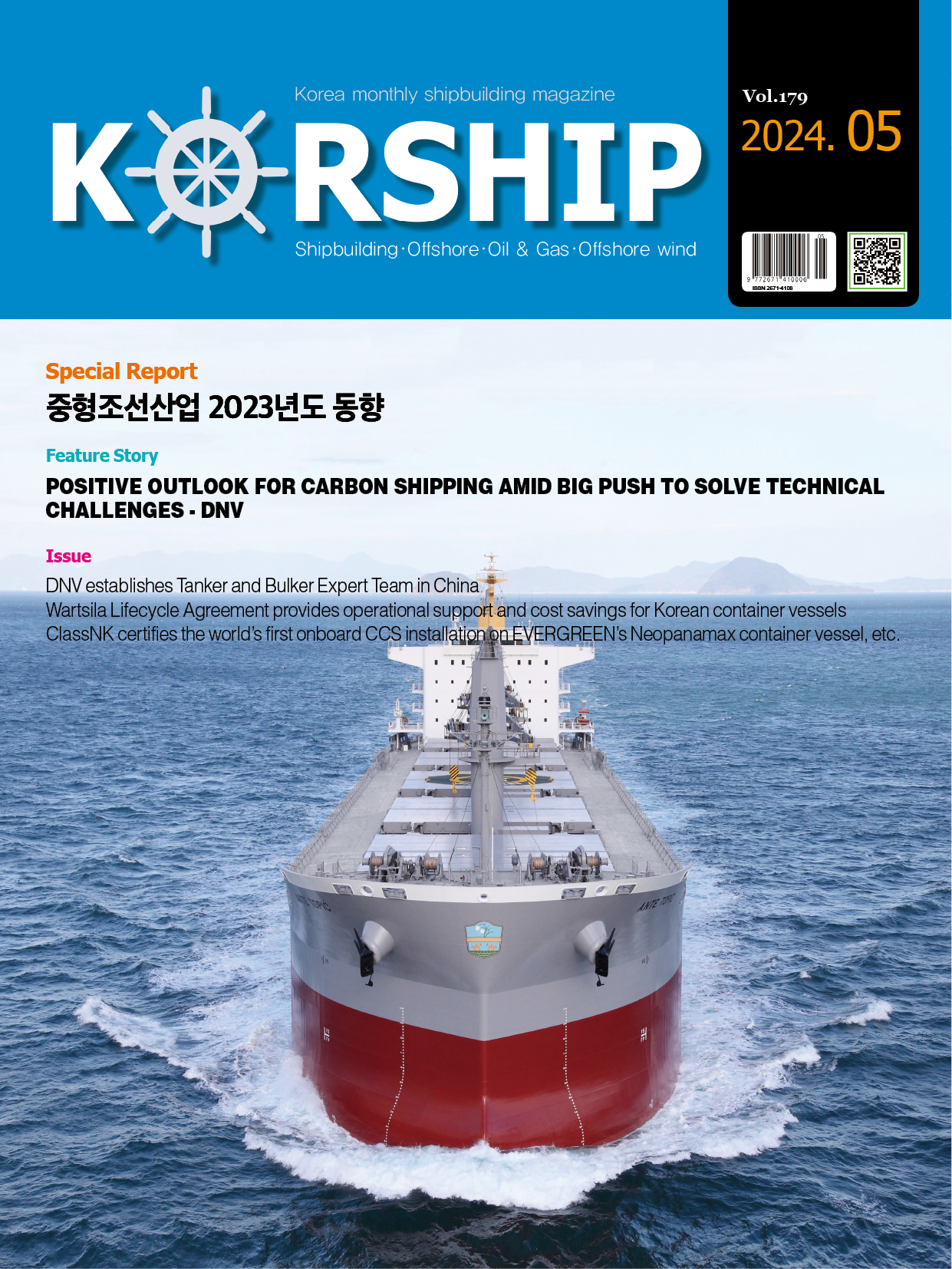ETC DNV Conference brings together industry voices to show collaboration i…
페이지 정보
작성자 최고관리자 댓글 0건 조회 2,650회 작성일 22-02-15 11:57본문

Participants from across the maritime value chain participated in the DNV Conference – The Fuel of the Future. Aimed at advancing the idea that collaboration is the key to success in decarbonizing the maritime world, the event attracted more than 6500 registrants, and brought together a comprehensive line-up of shipowners, energy majors, financers, and regulators who offered their unique insights on how shipping can chart the optimal route ahead.
Decarbonization is the grand challenge of our time - unprecedented in its scale, complexity, and ramifications for the world. It was also the critical question for this week’s DNV conference: How are leading maritime companies breaking down silos and setting aside competition to build a more sustainable future for shipping?
Opening the event, DNV President & Group CEO, Remi Eriksen highlighted the progress that had been made at the recent COP26 summit in Glasgow and the challenges that lay ahead: “There is now an explicit plan to reduce coal and phase out subsidies that artificially lower the price of hydrocarbons, and a scheme to cut 30 per cent of methane emissions by 2030 was agreed by more than 100 countries. New commitments to net-zero by the middle of the century mean that 90 per cent of the world economy is now covered, but major challenges still lie ahead.”
Knut Ørbeck-Nilssen, CEO, DNV Maritime stressed that decarbonization is a task that no one player, or even one industry, could approach in isolation: “We need the joined-up infrastructure, energy, technology, understanding, regulations, and financial support that is only possible when everyone leans in, striving towards the same goal. At DNV, we’re committed to playing our part. Our broad-based knowledge, competencies and segment expertise allows us to act as a trusted partner to enable progress in multiple fields, but also to bring people together.”
Søren Toft, CEO, MSC, offered the shipowner’s perspective, stating: “We need partnerships with stakeholders in shipping and up the value chain, including the fuel producers, the engine manufacturers and the shipyards. When we do that, we will capitalize on the knowledge of these players, because we don’t think we have all the answers ourselves. And we believe that shipping must and can decarbonize fully by 2050. At MSC we have come quite far already, having reduced our relative C02 emissions by 44 per cent since 2008.”
In the interview session, Marthe Lamp Sandvik, VP Ocean Industries at DNB Bank, spoke about the role of finance in driving the energy transition: “To be impactful, sustainable finance has to be inclusive to bring everybody in the right direction collectively. When we look at the industry today, it’s asset heavy, it has a lot of emissions reduction potential. It is important that there is a balance between maintaining the integrity of the product and maintaining the data and reporting quality. So that is a very important balance and it’s not necessarily easy to strike.”
During the panel discussion Jan Dieleman, President of Cargill Ocean Transportation and Chair of the Steering Committee at the Sea Cargo Charter Association, stressed that a common understanding was vital: “It becomes a bit more complicated with new fuels and technologies, where at the end of the day it’s all a green premium that needs to get paid. That is the area where we are focused on, for example as part of the Maersk McKinney Moeller Centre for Zero Carbon Shipping and the Global Maritime Forum, but we are also talking to owners to see what we can do together. We are also working on setting the baselines for the industry. I think it’s very important that we all speak the same language, because the world of emissions is very complex.”
Melissa Williams, SVP Shipping & Maritime, Shell, explained the oil major’s approach to collaboration: “We take a customer-backed approach, helping them understand the potential change in the landscape and how it will impact the future of fuel supply. We also undertake an extensive R&D programme focused on de-risking fuels, looking at the vessels and the infrastructure to get the fuel to market.”
Sveinung Oftedal, Specialist Director at the Norwegian Ministry of Climate and Environment, talked about how collaborations were shifting into contracts: “We see a shift from collaborations between companies to contracts between companies, and that is where we want to go. We also see this when it comes to collaborations between governments turning into contracts between governments, meaning global agreements and also regional agreements. The firmest one at the moment is the regional agreement launched by the European Commission, the EU Fit for 55. This shift will continue.”
Knut Ørbeck-Nilssen concluded: “The sentiment has changed significantly in the shipping industry, even compared to a few years ago. Today it’s not only about having strong declarations for the future. There is a real willingness to do something about decarbonization. The Norwegian Green Shipping Program is a good example for this, putting public and private partnerships together and testing new technologies and fuel types. This is so important, because how are we going to move forward if we don’t test new solutions and pilot them in safe environments. So, I think there is a true momentum that is being created now, but we have to keep our focus on creating the next steps, rather than just focusing on the end game.”
■ Contact: DNV Maritime www.dnv.com/maritime












